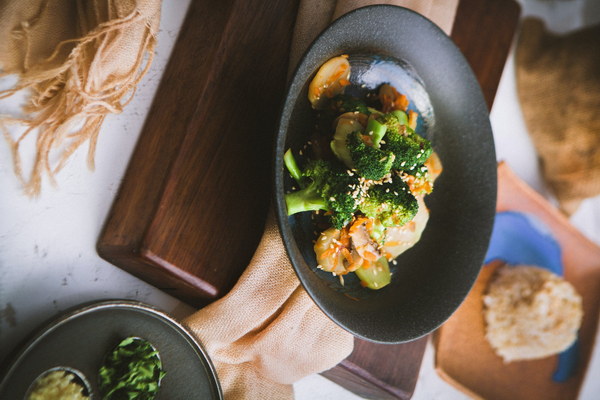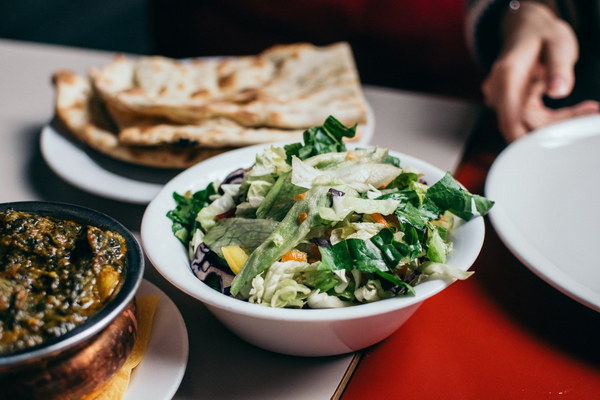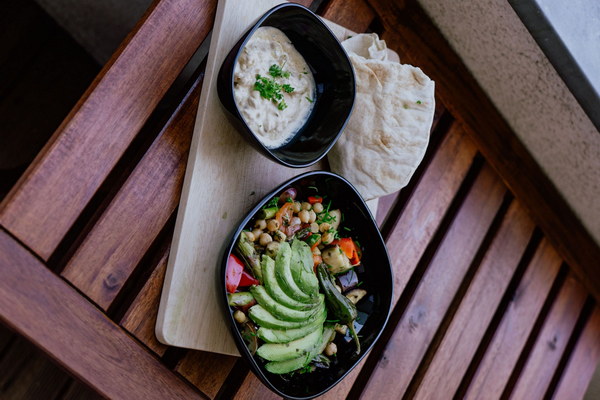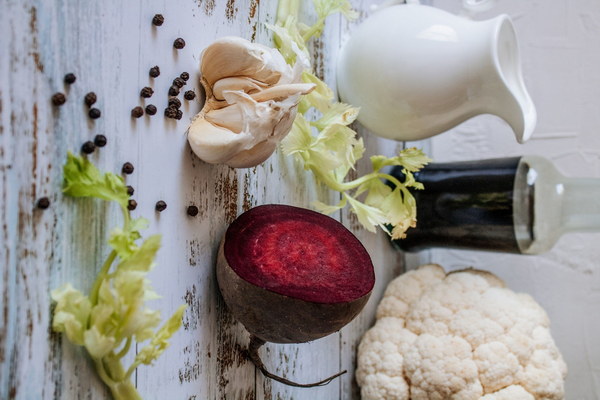Does Danggui Soup Really Nourish the Stomach Exploring the Traditional Chinese Medicine Remedy
Danggui Soup, a traditional Chinese medicine remedy, has been used for centuries to treat a variety of ailments, including stomach issues. But does this ancient recipe actually nourish the stomach, or is it just another folk remedy? In this article, we will explore the origins, ingredients, and potential benefits of Danggui Soup, and provide you with the information you need to make an informed decision about incorporating it into your wellness routine.
Origins and Ingredients
Danggui Soup, also known as Angelica Soup, originated in ancient China and has been a staple in traditional Chinese medicine for over 2,000 years. The name Danggui comes from the Chinese word for angelica, which is the primary ingredient in the recipe. Angelica sinensis, or Chinese Angelica, is a herb with a long history of use in Chinese medicine for its ability to nourish the blood and invigorate the body.
The basic ingredients of Danggui Soup include:
1. Danggui (Angelica sinensis) - The root of this herb is the main ingredient, providing the nourishing properties that are believed to benefit the stomach and blood.
2. Pork belly - The meat is used to add flavor and provide a source of nutrients.
3. Ginger - Known for its warming properties, ginger helps to stimulate digestion and alleviate stomach discomfort.
4. Scallions - These add a unique flavor and aroma to the soup, and are believed to aid in digestion.

5. Other optional ingredients - Some recipes may include additional herbs and ingredients, such as Goji berries, Astragalus root, or cinnamon, depending on the specific health concerns of the individual.
Benefits of Danggui Soup for the Stomach
Proponents of Danggui Soup claim that it can help with several stomach-related issues, including:
1. Nourishing the stomach - Danggui is believed to have a nourishing effect on the stomach, which can be beneficial for those suffering from conditions such as gastritis, stomach ulcers, or irritable bowel syndrome (IBS).
2. Improving digestion - The combination of ginger and scallions in the soup can help stimulate digestion and alleviate symptoms of indigestion, bloating, and constipation.
3. Enhancing blood circulation - Danggui is known for its ability to nourish the blood, which can be beneficial for those with poor circulation or anemia, both of which can contribute to stomach issues.
4. Reducing stress - Stress can lead to various stomach problems, and the warm, soothing nature of Danggui Soup may help reduce stress levels and alleviate associated stomach discomfort.
Is Danggui Soup Effective?
While there is limited scientific evidence to support the claims of Danggui Soup's effectiveness for stomach-related issues, many people have reported feeling relief from their symptoms after consuming the soup. It's important to note that traditional Chinese medicine is based on holistic principles and may not always align with the more scientific approach of Western medicine.
However, it's worth considering that Danggui Soup is a natural remedy with few side effects when prepared according to traditional methods. If you're interested in trying Danggui Soup, it's best to consult with a qualified healthcare provider or traditional Chinese medicine practitioner to ensure that it's appropriate for your specific health concerns and to receive guidance on how to prepare and consume it.
In conclusion, while the scientific evidence for Danggui Soup's effectiveness is limited, its long-standing use in traditional Chinese medicine suggests that it may offer some benefits for stomach-related issues. If you're curious about trying Danggui Soup, it's essential to approach it as a complementary therapy and consult with a healthcare provider to ensure it's safe and appropriate for your health needs.









